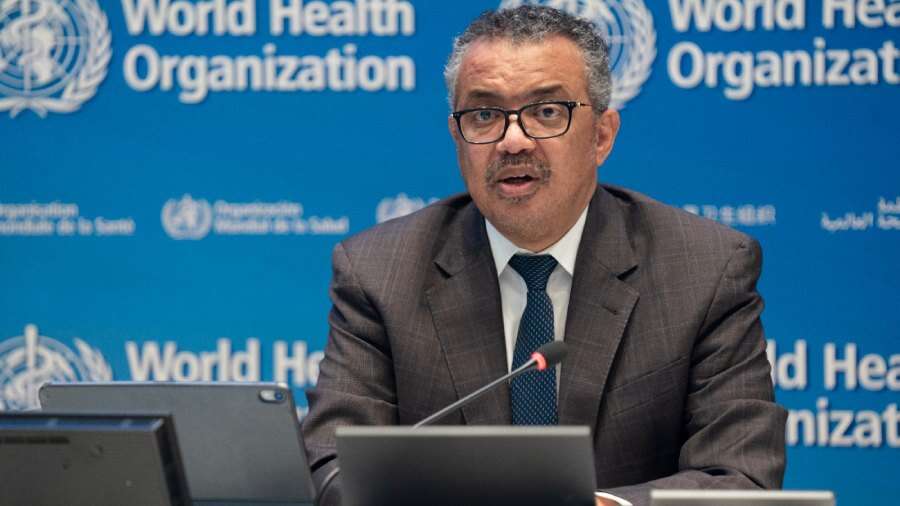The World Health Organization (WHO) has underscored the transformative potential of Artificial Intelligence (AI) in healthcare, but it has also cautioned against hasty deployment that lacks a full understanding of AI capabilities, as it could have adverse effects on patients, the organization announced on Thursday.
The WHO acknowledged that AI holds significant promise for healthcare, presenting opportunities for enhancing clinical trials, refining medical diagnoses and treatments, and supplementing medical knowledge and skills. It cited examples where AI could be particularly beneficial, such as interpreting radiology images and retinal scans in regions with limited access to specialists.
However, the WHO raised concerns about the rapid and sometimes insufficiently informed deployment of AI technologies. It emphasized that the use of AI, especially with health data, could potentially compromise sensitive personal information. As a result, robust legal frameworks are essential to protect privacy and data integrity.
Dr. Tedros Adhanom Ghebreyesus, WHO Chief, commented on the matter, stating, “Artificial intelligence holds great promise for health, but also comes with serious challenges, including unethical data collection, cybersecurity threats, and amplifying biases or misinformation.”
To address these concerns and guide authorities in effectively regulating AI for health, the WHO issued a new publication outlining critical regulatory considerations. This information is intended to assist governments in developing or adapting their guidelines for AI implementation in healthcare.
The WHO explained that AI systems are heavily reliant on the code they are built with and the data they are trained on. To minimize the risks of AI amplifying biases present in training data, proper regulation is necessary.
One key challenge is that AI models may struggle to accurately represent the diversity of populations, potentially leading to biases, inaccuracies, or failures. To mitigate these risks, regulations can be used to ensure that attributes like gender, race, and ethnicity of the individuals featured in the training data are accurately reported, and that datasets are intentionally designed to be representative.
The WHO outlined six key areas for regulating AI in healthcare, including the external validation of data, the evaluation of systems before release to prevent the amplification of biases and errors, examination of data privacy consent requirements, and the promotion of collaboration among regulators, patients, governments, and healthcare professionals.
The WHO’s guidance aims to harness the potential of AI for improving healthcare while minimizing associated risks.




